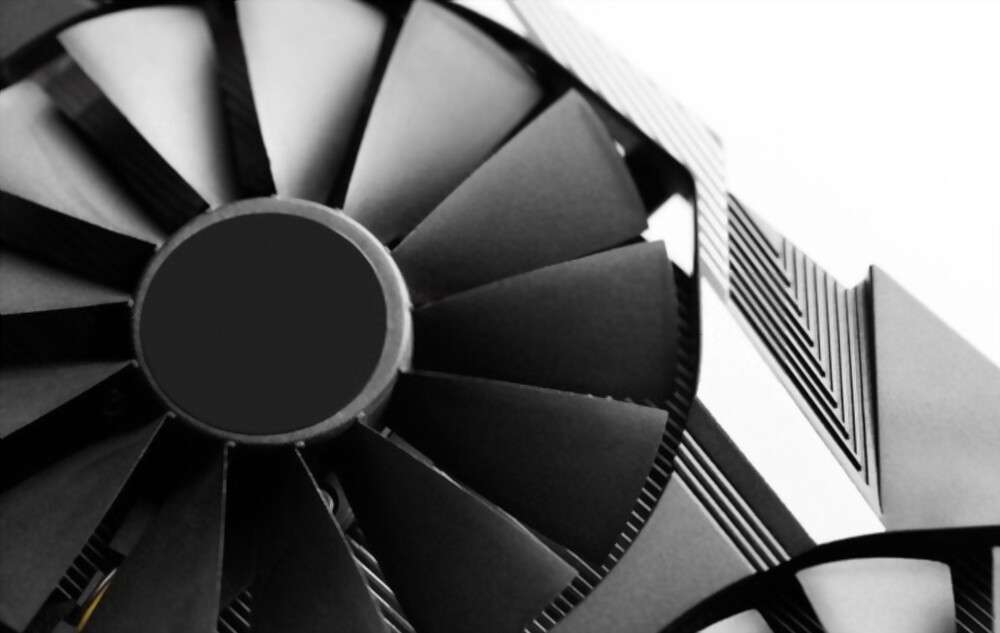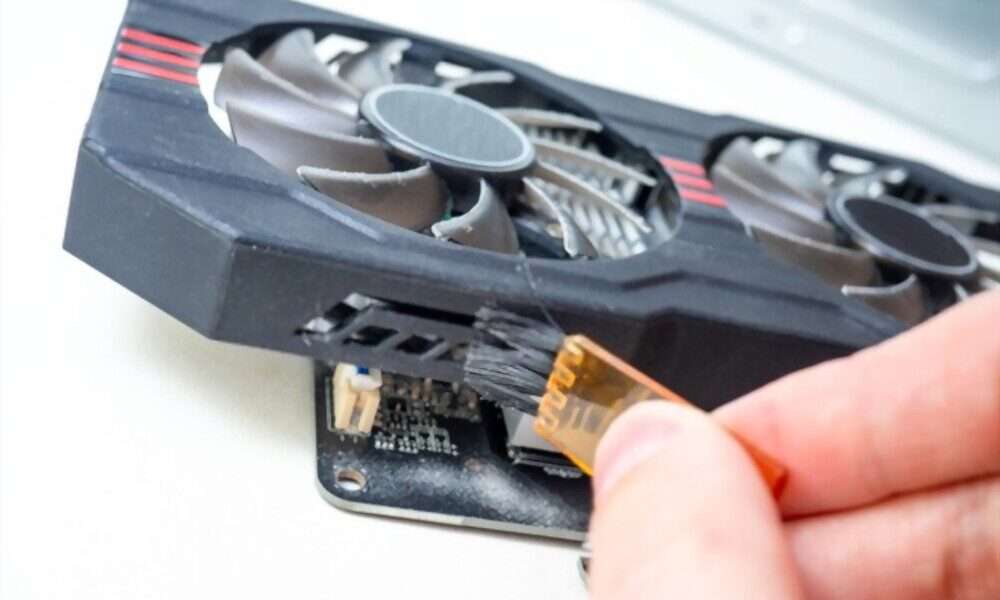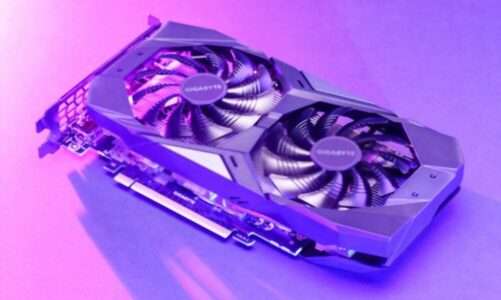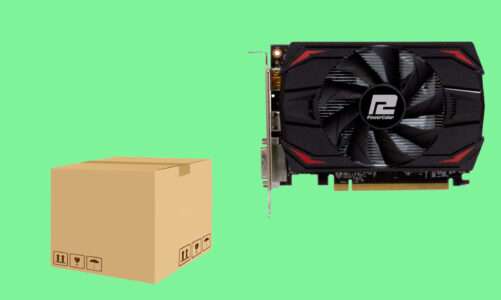Quick Navigation
By the passage of time, it is possible that the fan bearings of your graphics card loosen up or dust build-up inside it. And this might result in your graphics card making irritating noise even when there is no workload on it. Modern GPUs are equipped with advanced parts to create less noise. But there remains some sort of noise, after all, the fans have to do their job in cooling your GPU.
Old graphics cards tend to make more noise as compared to present-day graphics cards. There could be multiple reasons behind your GPU making unwanted noise. So if you are wondering how to make your graphics card quieter, here’s a complete guide on how to do that in the right way.
How to Fix Loud Graphics Card and Make it Quieter
Follow the steps below one by one to troubleshoot the unwanted noise in a graphics card:
Cleaning the Dust
This is one of the most leading factors of unwanted noise in a GPU. And if you own an old graphics card, there are more chances of dust build-up on the heatsink.

All you need to do is to unscrew the heatsink portion of your graphics card and clean all the dust residing on it. You can clean the heatsink in two ways, either you can use a compressed air can or you can use your regular toothbrush (in a dry state) to clean the heatsink.
Adjusting the Fan Speed
One of the effective ways to reduce the graphics card noise is by adjusting the fan speed. If the bearing of a GPU fan is loosened or about to finish, then that fan might create irritating noise at higher RPM. So one way is to reduce the fan speed of your graphics card.

But before you adjust the speed, it’s important to note the temperature of your GPU at the current fan speed. You can use 3DMark or FurMark to stress test your GPU and note the temperatures.
A general rule of thumb is if the temperature of your GPU exceeds over 80 Degrees Celsius while the fans spinning at 100%, do not lower the fan speed.
However, if the temperature is below 80 Degrees Celsius during the test, then it is safe to lower down your fan speed. You can use many different types of programs to adjust the speed of your GPU fan.
Keep in mind that lowering the fan speed might result in more heat. So, do not attempt this technique on a graphics card that comes with a single or small fan.
Underclocking
Underclocking is the reverse of overclocking. Generally, this is a term used for lowering the clock speed of your graphics card. Reducing the clock speed will result in less heat, therefore the GPU fan has to do less effort in heat dissipation, and consequently, it will reduce the noise output of your graphics card.
We highly recommend MSI Afterburner to adjust the clock speed of your GPU. If you use your PC for entry-level gaming or browsing the internet, then you can underclock your GPU. However, if you are a hardcore gamer, then underclocking your GPU might overheat it and reduce the overall performance in AAA games.
Time for Sound-Proof PC Case
If none of the above methods works for you, it’s time to change your PC case. You can find hundreds of brands in the market that offer sound-proof PC cases. By upgrading your PC case to a sound-proof one, you can prevent all the unwanted noise from coming out of your PC case.
Sound-proof PC cases use a special type of foam inside to dampen the unwanted noise. However, the case you choose must have good airflow to prevent heat from building inside it.
Replacing the Cooling Mechanism
There is a working method to get rid of unwanted noise from your graphics card, and that is to modify your GPU with a water-cooling kit. But this is a very technical process and not every graphics card can be water-cooled. So before you do this, make sure you have enough knowledge of assembling and disassembling a GPU. Only do this, if you are a professional with enough knowledge of computer hardware modification.
To be honest, it’s better to go for a water-cooled graphics card rather than stripping your current GPU and exposing it to risks.
Dawid Does Tech Stuff Explaining on how to fix loud GPUs
Conclusion
A graphics card with an irritating noise output can get on your nerves. By reducing the fan speeds, cleaning the dust on the heat sink, and underclocking your graphics card, you can reduce the noise to a level that is comfortable for the ears. Also, a sound-proof PC case can absorb the unwanted noise coming out of your GPU.

Hi, I’m the author and founder of this blog. I have more than 10 years of experience in the industry. Throughout my journey I’ve tested and reviewed hundreds of graphics card for custom PC builds. I believe my knowledge and experience will help you choose the card that really falls to your needs and budget.



